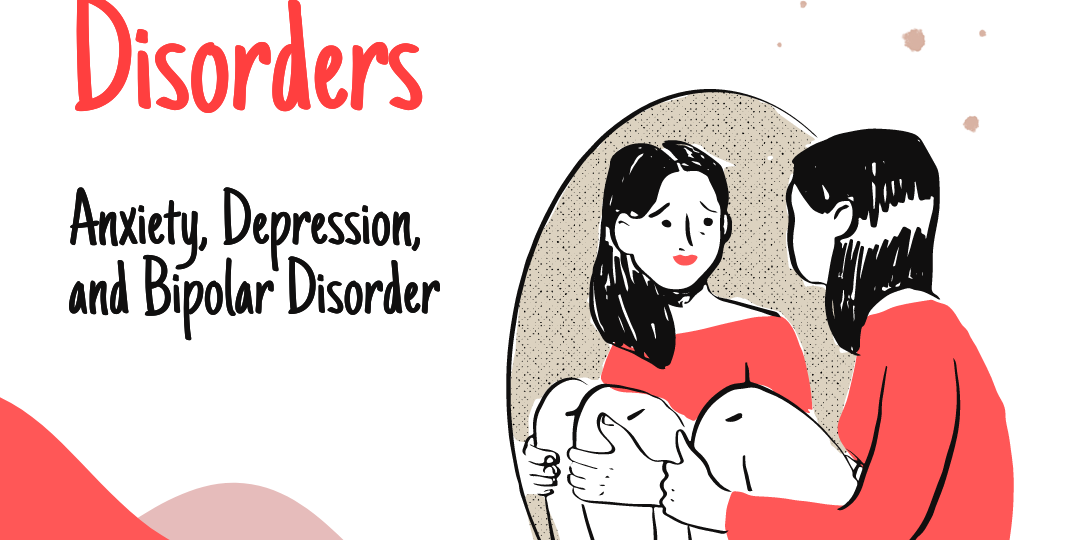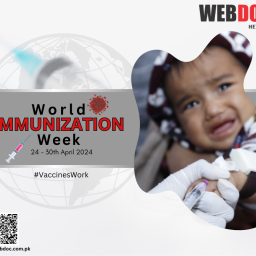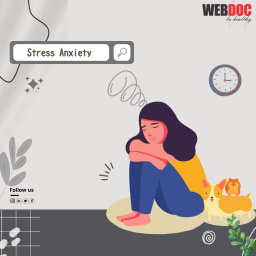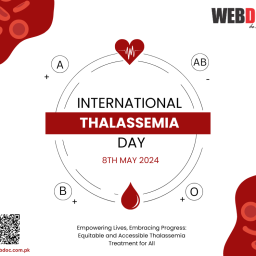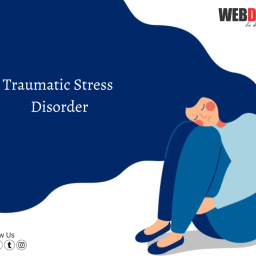Understanding Common Mental Health Disorders
Anxiety, Depression, and Bipolar Disorder
Mental health is a crucial aspect of overall well-being, yet it often goes unnoticed or untreated. Common mental health disorders such as anxiety, depression, and bipolar disorder can have a significant impact on a person’s daily life, relationships, and overall quality of life. In this article, we will delve into the characteristics, causes, and available treatments for these prevalent conditions.
1. Anxiety Disorders
Anxiety disorders are characterized by excessive worry, fear, and nervousness. They can manifest as Generalized Anxiety Disorder (GAD), Panic Disorder, Social Anxiety Disorder, and more. People with anxiety disorders may experience physical symptoms like a rapid heart rate, trembling, sweating, and even panic attacks. The causes of anxiety disorders can be a combination of genetic factors, brain chemistry imbalances, and environmental stressors. Treatment options include therapy (such as cognitive-behavioral therapy), medication, and lifestyle changes like stress management techniques.
2. Depression
Depression, often referred to as Major Depressive Disorder, is characterized by persistent feelings of sadness, hopelessness, and a lack of interest or pleasure in activities. It can affect sleep, appetite, energy levels, and concentration. Biological factors, genetics, life events, and chemical imbalances in the brain contribute to the development of depression. Treatment options include therapy, medication (such as antidepressants), and lifestyle changes like exercise, proper nutrition, and social support.
3. Bipolar Disorder
Bipolar Disorder involves extreme mood swings, alternating between periods of mania (elevated mood, excessive energy) and depression. There are different types of Bipolar Disorder, each varying in the severity and duration of mood episodes. Genetic factors, brain structure, and neurotransmitter imbalances play a role in its development. Medication, therapy, and lifestyle adjustments are often employed to manage Bipolar Disorder. Mood stabilizers and antipsychotic medications are commonly prescribed to help control mood fluctuations.
Seeking Help and Support
It’s important to note that these mental health disorders are common and treatable. Seeking professional help is essential for accurate diagnosis and effective treatment. Mental health professionals, including psychologists, psychiatrists, therapists, and counselors, can provide the necessary guidance and support.
Reducing Stigma
Unfortunately, there is still stigma surrounding mental health, which can prevent individuals from seeking help. Open conversations, education, and awareness campaigns are crucial in reducing this stigma and fostering a more understanding and supportive environment for those who are struggling.
Self-Care and Prevention
While mental health disorders can’t always be prevented, adopting a healthy lifestyle can contribute to emotional well-being. Regular exercise, a balanced diet, sufficient sleep, stress management, and practicing mindfulness can all play a role in maintaining good mental health.
In conclusion, anxiety, depression, and bipolar disorder are common mental health disorders that affect millions of individuals worldwide. Understanding the signs, causes, and available treatments can help individuals, their families, and communities provide better support to those in need. By promoting mental health awareness and reducing stigma, we can create an environment where seeking help is encouraged, and individuals can lead fulfilling lives despite their challenges.


